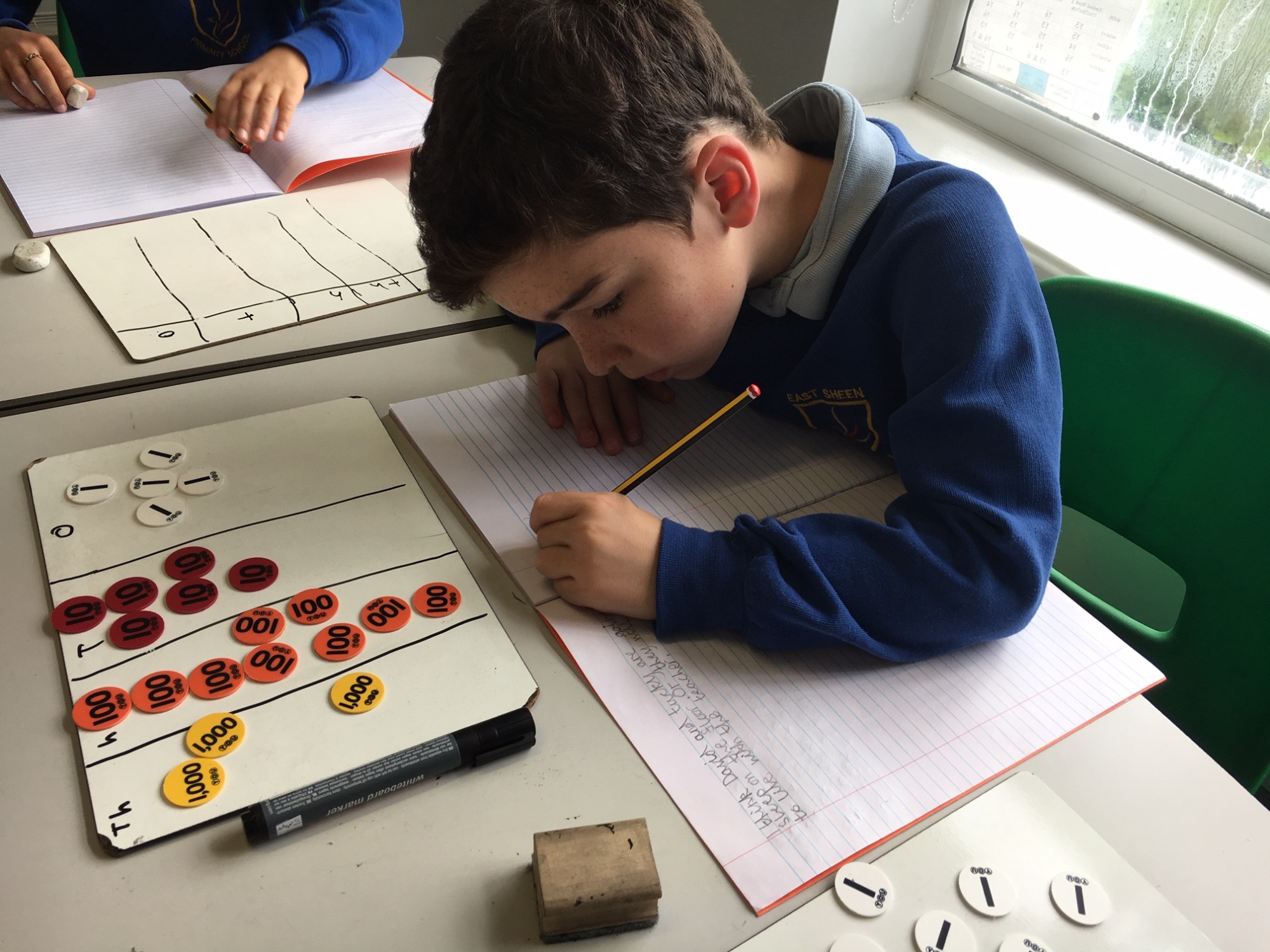
Mathematics
Subject Vision
Mathematics is a creative and highly inter-connected discipline that has been developed over centuries. It is essential to everyday life, critical to science, technology and engineering, and necessary for financial literacy and most forms of employment. A high-quality mathematics education therefore provides a foundation for understanding the world, the ability to reason mathematically, an appreciation of the beauty and power of mathematics, and a sense of enjoyment and curiosity about the subject.
We follow the National Curriculum statutory programmes of study, which aim to ensure that all pupils:
- Become fluent in the fundamentals of mathematics, including through varied and frequent practice with increasingly complex problems over time, so that pupils develop conceptual understanding and the ability to recall and apply knowledge rapidly and accurately.
- Reason mathematically by following a line of enquiry, conjecturing relationships and generalisations, and developing an argument, justification or proof using mathematical language
- Can solve problems by applying their mathematics to a variety of routine and non-routine problems with increasing sophistication, including breaking down problems into a series of simpler steps and persevering in seeking solutions.
At East Sheen Primary School we are committed to providing children with mathematical experiences which enable them to become numerate, to be able to apply the wide range of mathematical concepts they learn and make rich connections across mathematical ideas in order to develop fluency, mathematical reasoning and competence in solving increasingly sophisticated problems. Furthermore, children are encouraged to apply their mathematical knowledge across the curriculum in science and other subjects.
We ensure through our planning and curriculum delivery that learning is both challenging and stimulating for all our pupils and that they leave East Sheen Primary School with a positive attitude to learning mathematics.
Implementation
The subject is taught in mixed ability class groupings, and we adopt a mastery approach in our teaching, aiming to ensure that all children develop a secure and deep understanding of concepts and methods. Challenge is provided for more able children or those who grasp a concept quickly through the use of reasoning and problem-solving activities.
We use a variety of teaching and learning styles in our mathematics lessons. We aim to develop children’s knowledge, skills and understanding in mathematics through stimulating, interactive lessons and balance whole-class and group-directed teaching with group discussions and activities, paired and individual work. We enable the children to develop a deep understanding of concepts and methods through small teaching steps and the use of a wide range of concrete and practical resources and visual models and images, including the Singapore bar model, to support the children in their learning. The children are encouraged to ask as well as answer mathematical questions, to use and apply their learning in everyday situations and to explain their reasoning and methods using the appropriate mathematical terminology. We facilitate the children in making explicit connections in their learning and adopt the use of our Thinking School tools where appropriate to support the children’s learning.
We recognise the importance of children understanding the relevance of mathematics in the real world, and set children real-life challenges as an integral part of our teaching. We enjoy taking mathematics outside the classroom into the playground and local area and practising our mathematical skills in real-life contexts such as cooking.
We understand that there are children of differing mathematical ability, and we use HLTAs (Higher Level Teaching Assistants) and classroom assistants to support children within classes and to provide additional learning and consolidation opportunities where required.
ICT is used in mathematics lessons where it is valuable in enhancing children’s learning, for example in modelling ideas and methods. Every classroom has an interactive whiteboard facility and whole classes are able to use the computer suite and tablets in classes also.
The Mathematics subject leader provides advice and guidance to year groups in their planning and periodically reviews Mathematics plans.
Impact
As a result of our Maths teaching at East Sheen Primary School the children are:
- Engaged and challenged in lessons,
- Resilient in investigating mathematical problems
- Confident and able to talk about Maths, their learning, the links between mathematical topics and the applicability of maths to other areas of the curriculum and the real world.
The learning is tracked and monitored to ensure all children make very good progress and our results in mathematics are consistently well above the national average.
The Early Years Foundation Stage
Reception year is part of the Foundation Stage of the National Curriculum and the objectives set out in the Early Learning Goals for number and numerical patterns underpin the curriculum planning for our mathematics teaching in this year group.
We give all the children ample opportunity to develop their understanding of number, measurement, pattern, shape and space and their problem solving skills, through varied activities that allow them to enjoy, explore, practise and talk confidently about mathematics.
For further information see the EYFS framework on Reception Year Group page.
